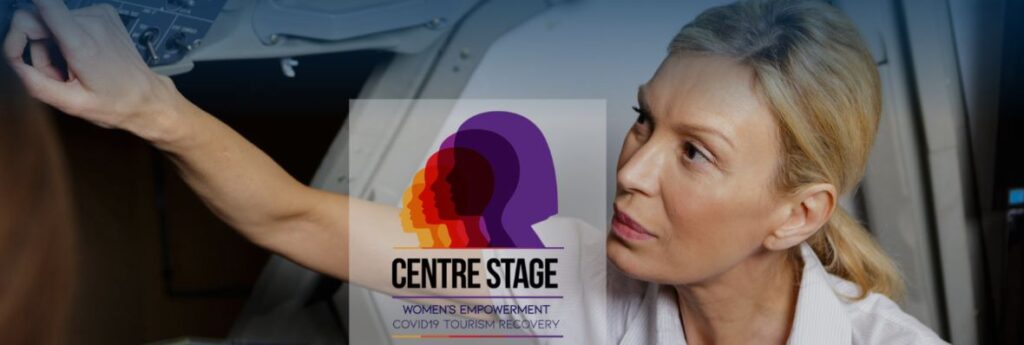Over the course the next year, the World Tourism Organization’s newly launched ‘Centre Stage’ project will support the tourism sector in placing women’s empowerment and gender equality at the heart of recovery plans following the COVID-19 pandemic.
Conducted with the support the support of German Federal Ministry for Economic Development (BMZ), Deutsche Gesellschaft für Internationale Zusammenarbeit (GIZ) GmbH and UN Women, the project will be piloted in four participating Member States in collaboration with the National Tourism Administrations of Jordan, Costa Rica, the Dominican Republic and Mexico.
Women make up more than half of the tourism workforce at a global level (54%), according to the UNWTO’s Global Report on Women in Tourism, Second Edition. However, women are often concentrated in low-skilled or informal work and have fewer opportunities for education and career development. As a result, women in the sector have been disproportionately affected by COVID-19, with less access to social protections and a reduced capacity to absorb the economic shock caused by the pandemic.
Nevertheless, the tourism sector has historically provided women with opportunities for empowerment, offering many a livelihood and source of autonomy. For this reason, UNWTO has identified the recovery phase of the COVID-19 pandemic as an opportunity to address the gender inequality in the sector.
Concrete measures towards gender equality
Under the ‘Centre Stage’ project, the participating National Tourism Administrations and tourism businesses will implement a one-year action plan through November 2022 containing a series of concrete measures designed to increase opportunities for women’s empowerment. They will be supported by local NGOs, professional organizations and be accompanied by UNWTO through a series of virtual and in-person training opportunities.
The measures included in the Action Plans span the six areas of work considered key for gender equality and women’s empowerment in tourism: Employment; Entrepreneurship; Education and training; Leadership, policy and decision making; Community and civil society; Measurement for better policies. The measures have been targeted to the needs identified in the four pilot countries and look to address the specific challenges women face in each.
A total of 10 tourism businesses and four NGOs/community organizations will join the participating National Tourism Administrations to implement the measures. UNWTO recently organized two webinars for participants from Jordan as well as Costa Rica, the Dominican Republic and Mexico.
The activities of ‘Centre Stage’ will include training sessions with a gender focus, personalized guidance aiming to improve working conditions for women in the sector and producing data on the effects of the pandemic on female employment in tourism.

